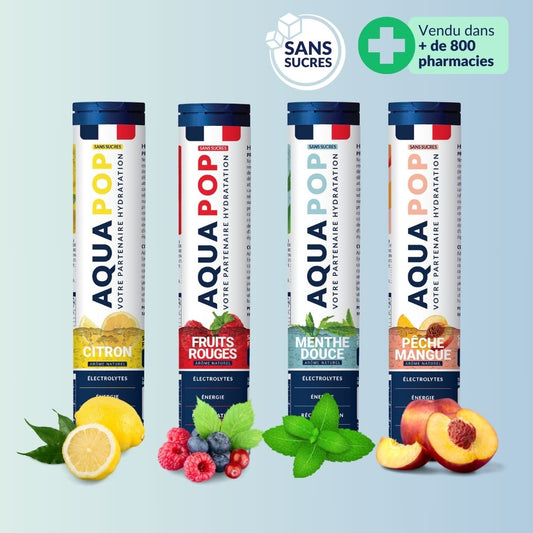Ensuring a balanced diet is essential to the well-being of the elderly. As we age, our nutritional needs change, and careful attention to diet can make a major contribution to our physical, mental and emotional health. Here are a few tips to promote a balanced diet adapted to seniors.
Understanding Nutritional Requirements
Older people often need fewer calories due to reduced physical activity and metabolism. However, it's crucial that they get enough essential nutrients. Protein is particularly important for maintaining muscle mass, while complex carbohydrates, such as those found in whole grains, provide long-lasting energy.
Healthy fats, from foods such as avocados, nuts and olive oil, play a key role in heart health and brain function. In addition, micronutrients such as vitamins D and B12, as well as calcium and magnesium, are often deficient in the elderly and need to be closely monitored.
Focus on Variety and Balance
A balanced diet for the elderly needs to be varied and rich in color. This means including a wide range of fruits and vegetables, which are rich in antioxidants and fiber. These foods not only help strengthen the immune system, but also improve digestion and prevent chronic diseases.
It's also important to encourage regular meals. Small, frequent portions can aid digestion and provide a variety of nutrients throughout the day.
The Importance of Hydration
Hydration is often overlooked, but it is crucial to the general well-being of the elderly. With age, the sensation of thirst can diminish, increasing the risk of dehydration. Adequate hydration is necessary to maintain bodily functions, avoid constipation and support cognitive health.
Elderly people should therefore be encouraged to drink water regularly throughout the day. However, water alone is not always enough. Electrolyte-enriched drinks such as AQUAPOPcan offer an effective solution for maintaining optimal hydration levels. With its low-calorie, sugar-free formula, AQUAPOP is particularly suited to the needs of senior citizens, helping to restore fluid balance while supporting concentration and energy.
Practical tips for a balanced diet
- Meal planning Establishing a weekly meal plan can help ensure a balanced diet and avoid impulsive choices.
- Encouraging meal preparation Involving seniors in meal preparation can motivate them to eat more healthily.
- Incorporate supplements if necessary In some cases, food supplements can be considered to fill nutritional gaps.
- Watch for signs of dehydration Watching for signs such as dry mouth, fatigue or confusion can help prevent dehydration-related complications.
Ensuring a balanced diet for the elderly requires a thoughtful, caring approach. Focusing on a varied diet, essential nutrients and adequate hydration promotes their well-being and quality of life. Solutions like AQUAPOP can provide additional support to ensure optimal hydration, helping seniors to feel fit and active in their daily lives.




